

Neuron sketch by Santiago Ramón y Cajal.
We stand at the edge of a transformative era, where AI is turning breakthroughs once thought impossible into reality. Inspired by the legacy of Santiago Ramón y Cajal, we are dedicated to solving all mental health disorders, making our minds resilient to the mental burden of modern society, and ensuring mental health care is universally accessible.
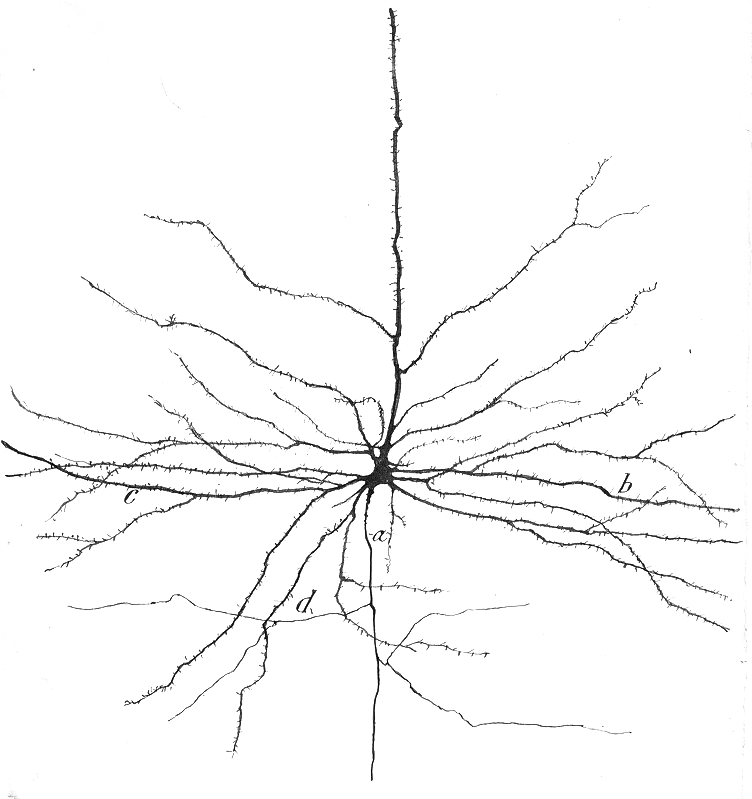
We are a lab dedicated to tackling one of humanity’s greatest challenges: mental health. Named after Santiago Ramón y Cajal, the father of modern neural science, our mission is to help people regain control of their minds in a world evolving far faster than we could ever adapt through purely natural selection.
At Cajal, we believe this crisis is solvable. By combining neuroscience, AI, and a human-centered approach, we aim to create lasting change, helping people thrive in an increasingly complex world.
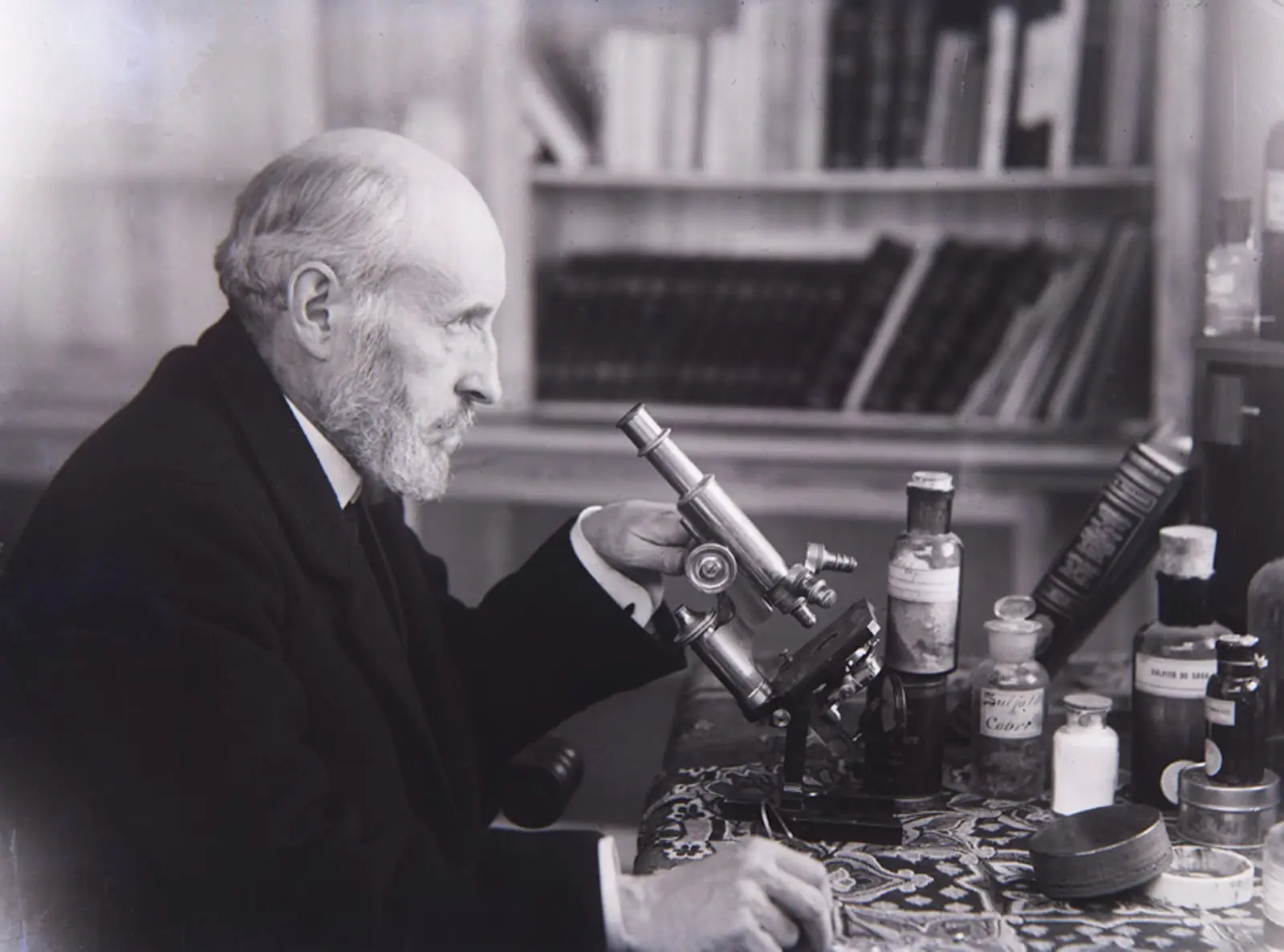
We must transition from trial-and-error methods to data-driven, optimization-based approaches. The goal is to build a closed-loop system where input mechanisms, readings, and models work together to continuously refine and optimize interventions.
We already have powerful models of the brain—take recommendation systems on Instagram and TikTok. They’re not magical; they're leveraging billions of data points to emulate human behavior with near-psychic precision.
These algorithms aren’t designed for our well-being; they’re built to maximize screen time. What if this power was used to reduce anxiety or alleviate depression, rather than exploit our reward systems?
To transition from heuristics to optimization, we need massive datasets, robust models, and clear metrics. Which stimuli minimize negative mental health parameters, such as stress or depression?
By reorienting our objectives from “more clicks” to “better health,” we can harness algorithmic power to strengthen our minds—rather than exploit them— leading to real breakthroughs in mental wellness.
Traditional mental health solutions rely on heuristics—trial-and-error methods that lack precision. We’re building an open infrastructure that shifts from intuition-based interventions to structured optimization. By creating targeted, modular models of the brain, we can systematically identify and fix cognitive “bugs,” enhancing resilience at its core.
Each model is designed to be small but impactful—focused representations of core cognitive functions like emotional regulation or anxiety reduction. They are independently testable, ensuring precise adjustments and iterative improvement.
Instead of tackling the brain’s complexity all at once, we break it down into modular components. Like microservices in software, these models can be combined and layered over time, evolving into a robust, adaptable system.
Our open infrastructure integrates real-world engagement areas—such as music, meditation, and controlled medicine intake—as structured inputs. These provide feedback loops that allow models to adapt dynamically and improve their effectiveness.
Cognitive weaknesses—emotional instability, biases, and anxiety loops—leave us vulnerable to external influences. Rather than just managing symptoms, our open framework systematically enhances mental resilience, transforming mental health into an optimized, self-improving process.
We strive to build small-scale brain models, combining neuroscience, AI, and human-centered design to create mental health solutions that actually work in the real world.
A real-time levodopa adjustment tool for Parkinson’s patients. Hauser tracks medication and symptoms to fine-tune treatment, helping improve day-to-day management and quality of life.
Named after composer Andrés Gaos Berea, Gaos applies AI and music to help manage anxiety and enhance cognition. Research suggests music can lower cortisol, heart rate, and blood pressure, improving mental well-being.
Laxe studies how VR can shape perception and mental states. Research suggests group VR sessions may reduce self-focus and enhance social connectedness, offering new ways to support mental resilience.
Meet the passionate team dedicated to our mission.
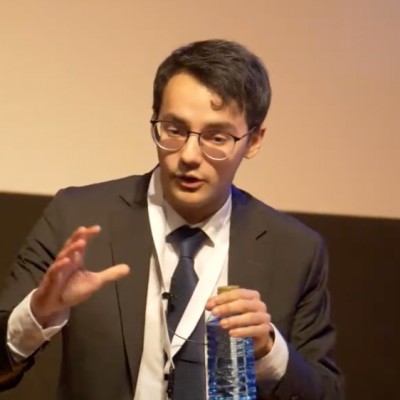
Co-Founder
Pedro holds a BSc in Computer Science and co-founded two research labs. At Vertebra, he secured advanced research contracts in VR and AI, recruiting top talent from universities like Stanford, UC Berkeley, and Cambridge. As an undergraduate, he co-founded Neuralume Labs, leading a team to develop a smart air quality monitor to limit airborne disease spread during the pandemic.
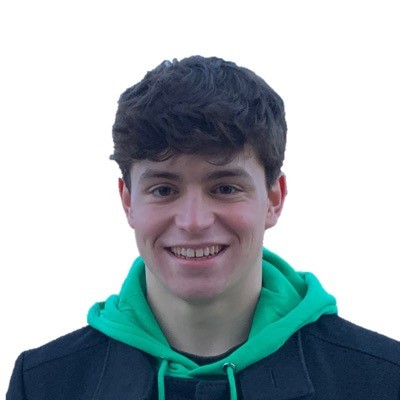
Co-Founder
Manuel is in his final year of medical school and a Ministry of Education Research Scholar. He has conducted research at institutions like Harvard, Charité, and the Health Research Institute of Santiago, focusing on cognitive neuroscience and Parkinson’s Disease. Previously, he was part of the Biotech & Life Sciences Venture Program at Harvard Innovation Labs. Recognized as one of Spain’s top 10 most talented young people by Celera.
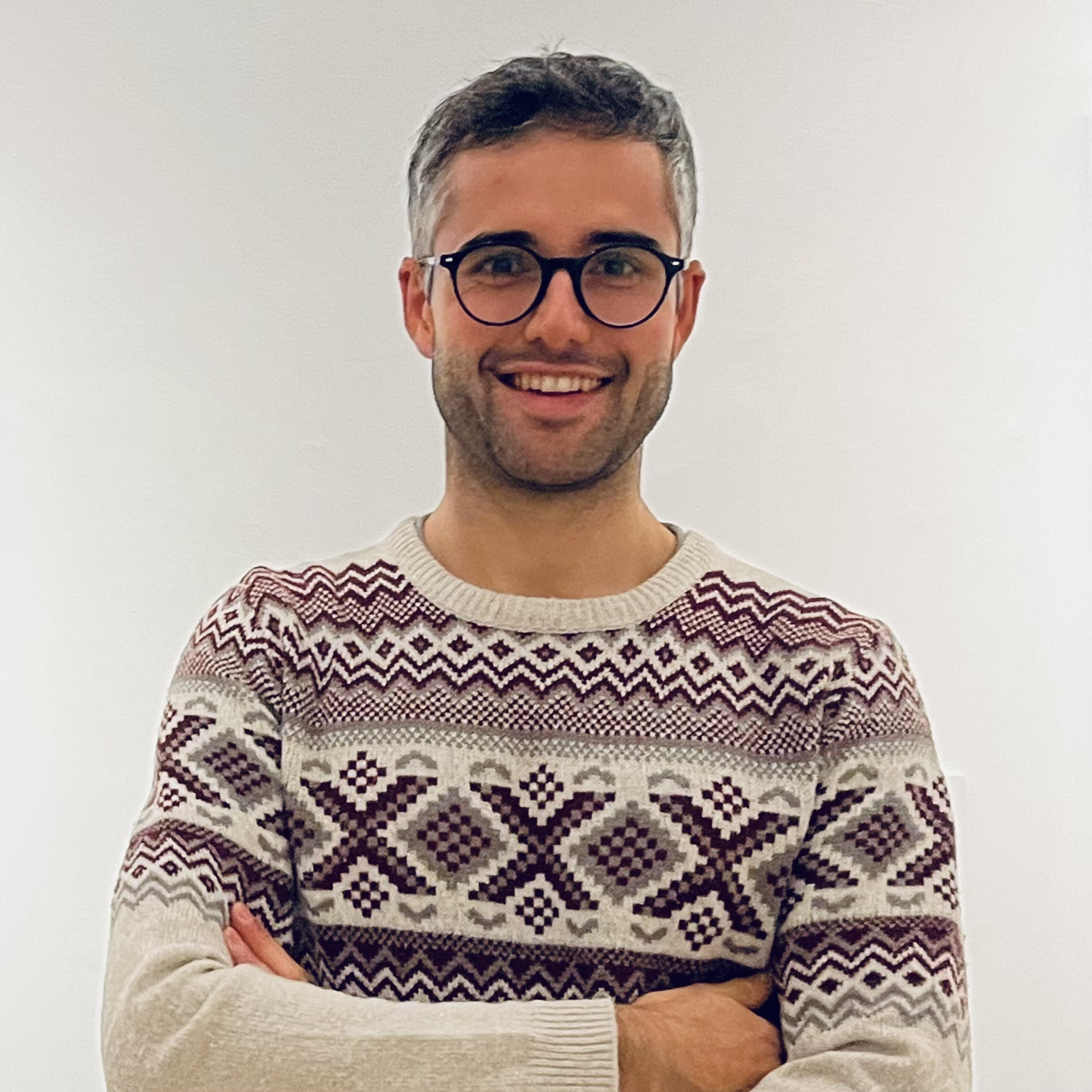
Co-Founder
Carlos is completing a PhD in Mathematical Statistics at the National Research Council of Spain, having obtained his undergraduate and master’s degrees from Universidade de Santiago de Compostela and ETH Zürich, respectively. He has collaborated with leading institutions like UC Berkeley and contributed to digital biomarker research in neurological disorders at Roche, earning international awards for his work. He graduated with the highest honors in classical saxophone and is now artistically focusing on electronic music.
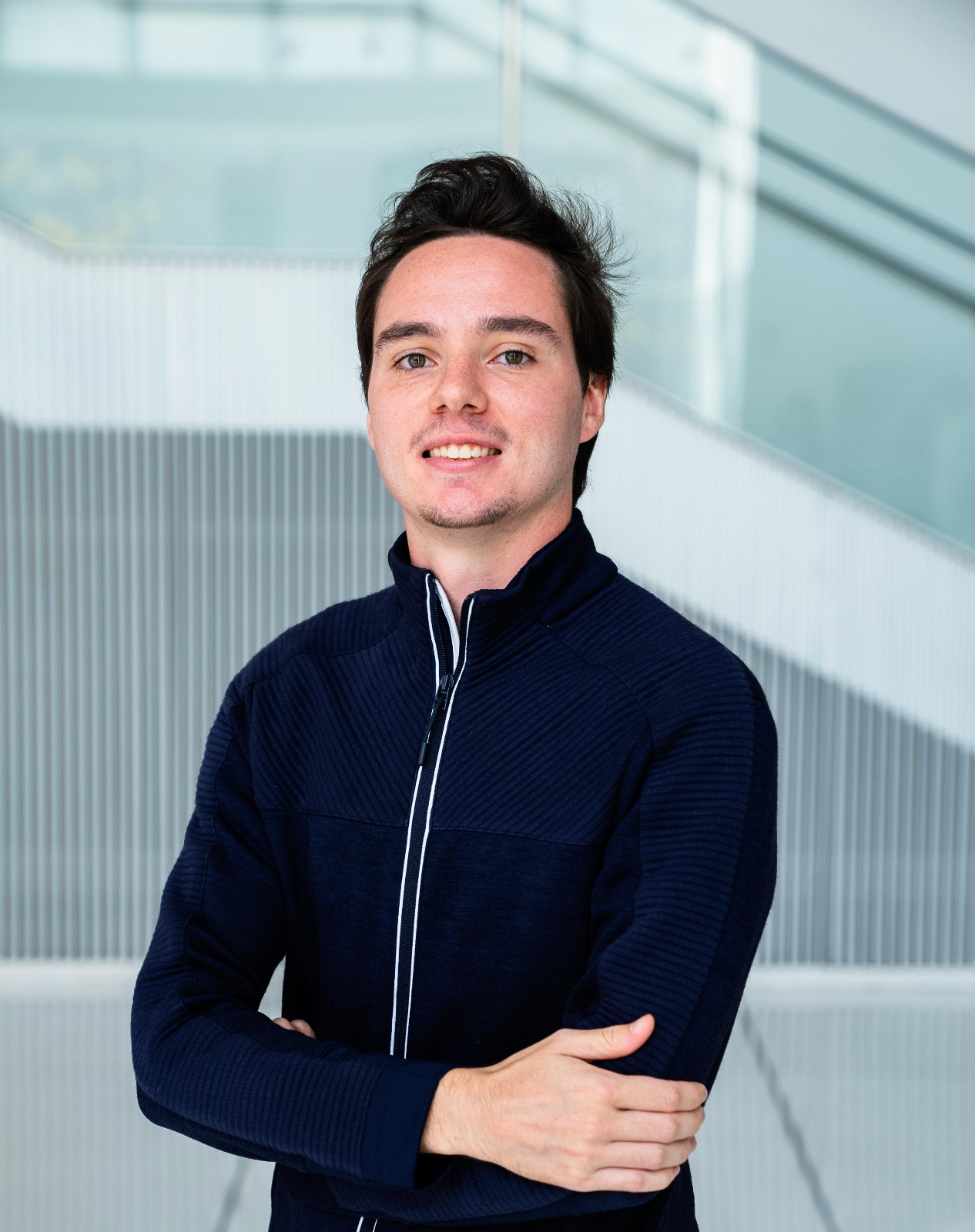
Chief Strategy Officer
Santiago is currently a researcher at MIT Media Lab. He holds a BSc in Computer Engineering from the Technical University of Madrid and co-founded Fluviq in China providing accessible AI-IoT solutions for agriculture. He also held engineering roles at Amazon Berlin and BMW’s Innovation Center in Munich. With a multidisciplinary background, he focuses on technology-driven solutions to enhance human progress.
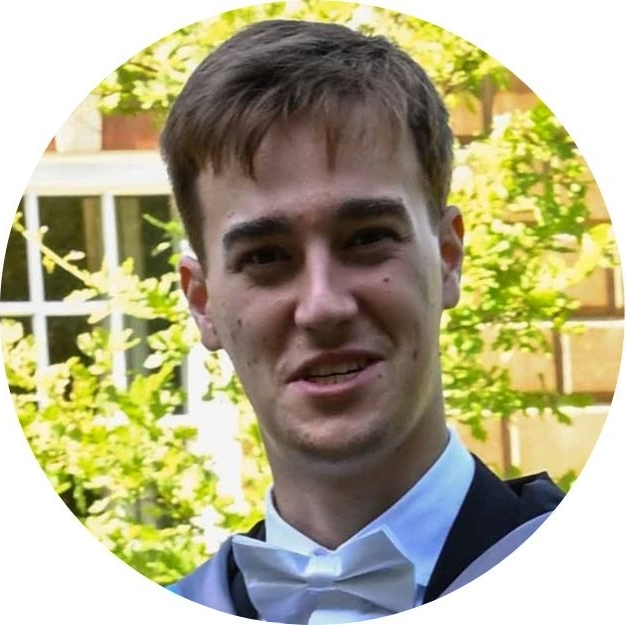
Research Affiliate
Carlos completed his undergraduate degree in mathematics at the University of Santiago de Compostela before pursuing an MSc in Mathematical Sciences at the University of Oxford. He is now pursuing his PhD in stochastic analysis at the Berlin Mathematical School, a collaboration between Humboldt, Free, and Technical Universities of Berlin.
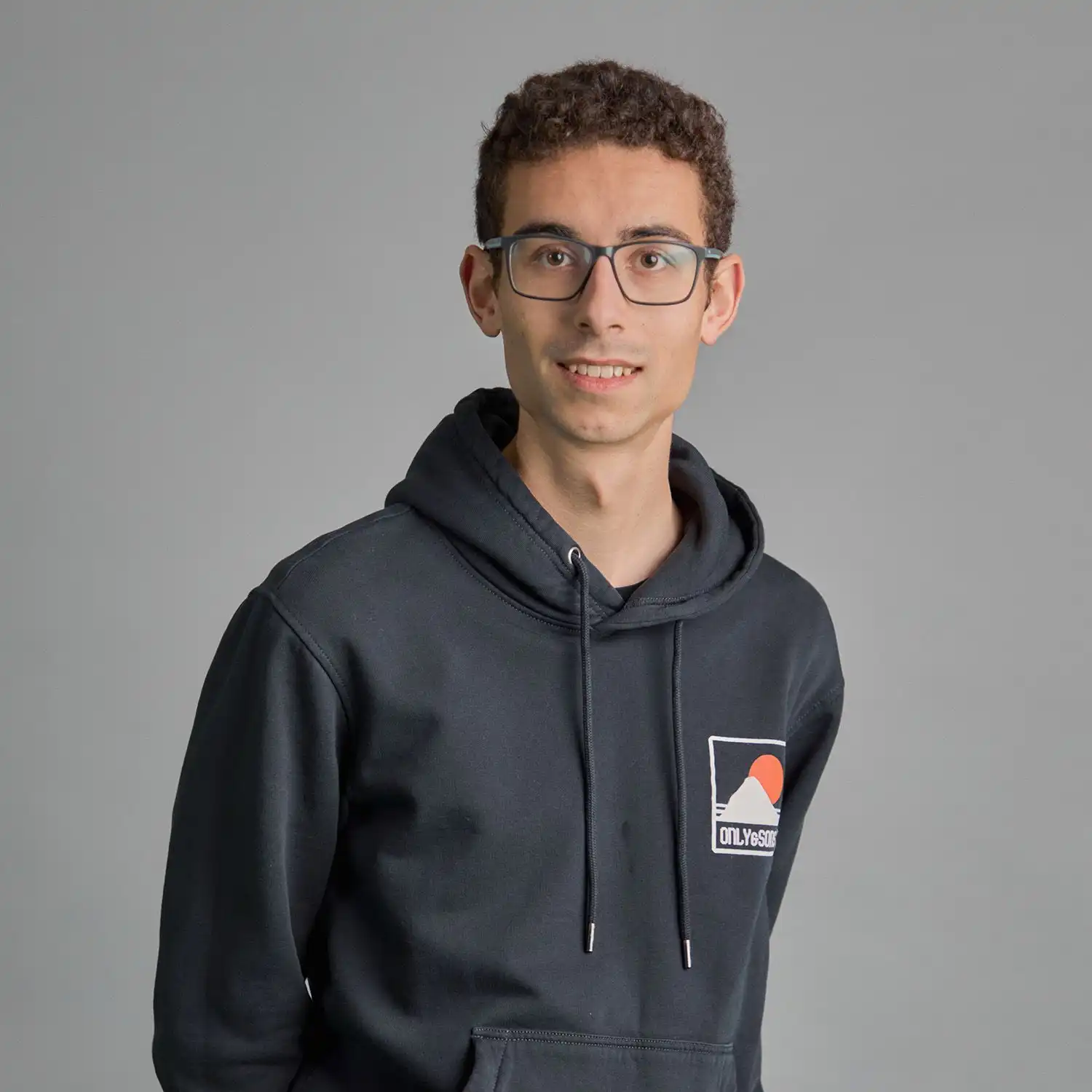
Research Affiliate
Alejandro is pursuing a PhD in Computer Science at the University of Santiago de Compostela, having completed a Bachelor’s in Computer Science and a Master’s in Artificial Intelligence, both with top 3% honors. He received the Extraordinary Academic Achievement Award for his bachelor's degree, an honor given to only 85 students statewide. He co-authored research on tomographic volumetric 3D printing, published in the International Journal of Pharmaceutics.
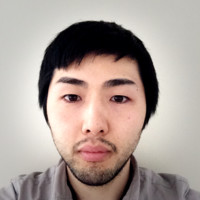
Research Affiliate
Hikaru is a cognitive neuroscientist specializing in cognitive modeling and AI. He has conducted research at UCL and Cardiff University, working on machine learning models aligned with human cognition and fMRI data. With a PhD in Psychology from The University of Manchester, his work spans sleep, memory, and motor learning, integrating computational methods with neuroscience.
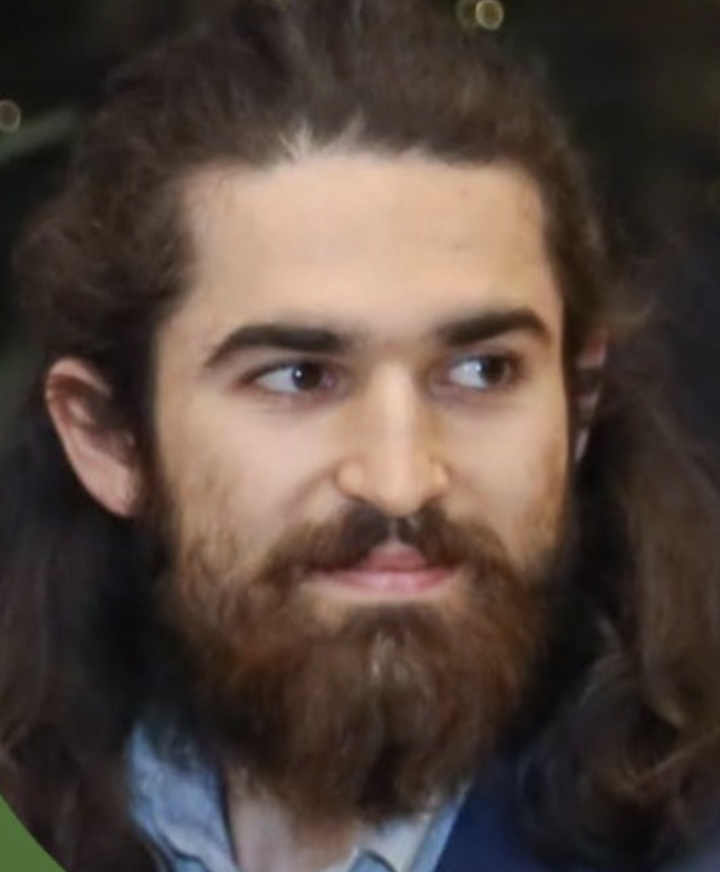
Research Affiliate
Jethro holds a BSc in Neuroscience from the University of Sussex and an MASc in Interdisciplinary Practice: Culture & Complexity from the London Interdisciplinary School. He has worked at the intersection of cognitive neuroscience, AI, and education, exploring piano learning through artificial intelligence. He cofounded Civita, during which time he built Civic Technology platforms WhatGov and EasyMail at the intersection of Data Science and Visual Design, and now works as a developer at Coefficient Systems.
Have questions or want to collaborate? Reach out to us—we’d love to hear from you!
Email Us